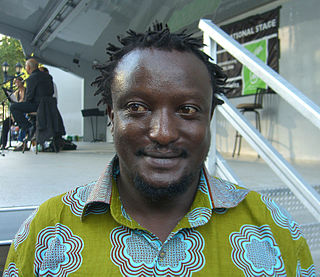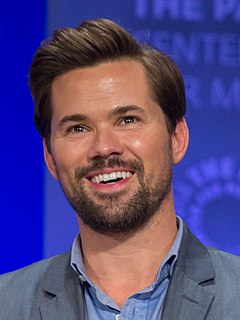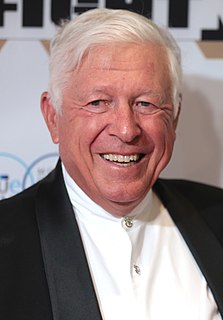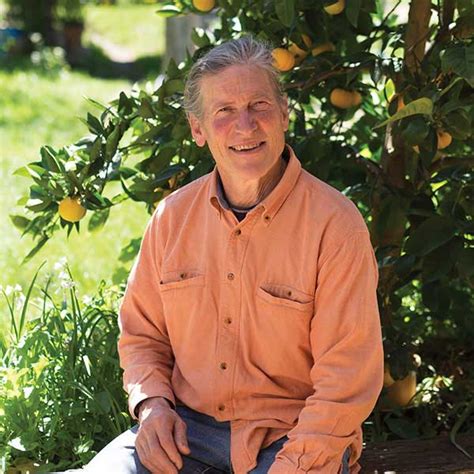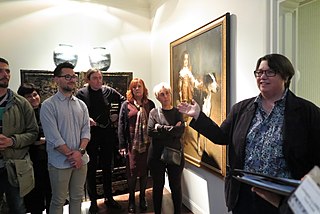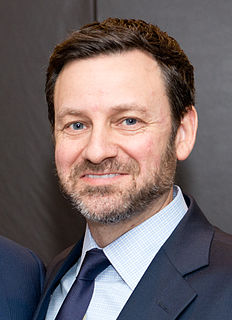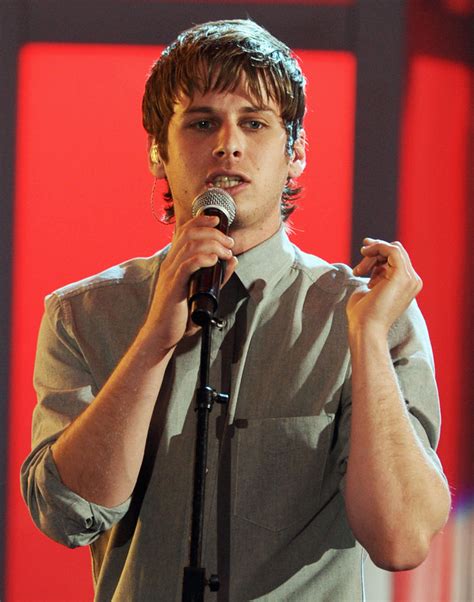A Quote by Binyavanga Wainaina
What is astonishing is that globalised technology, like Whatsapp and Viber, really gives a lot of leeway to negotiating spaces and to keeping one's identity. So people are able to be more receptive as a gay community to be part of an environment that is going to challenge the law.
Related Quotes
I'm happy to say I haven't received that much negative feedback. I'm always thrilled when I get feedback from young people, particularly from The New Normal, young gay people - when they say they want that when they grow up, that means a lot to me. As a kid growing up, I didn't really have a lot of gay role models on television, so it's nice to be part of a movement that gives some more of those.
I've said before, the number one thing that we have to work on is protecting the gay community from sharia law. Now, in the United States, it's probably not a big issue right now, but my brother-in-law is gay, and his partner and I would like them to be able to travel any place in the world without them risking harm.
When I first came up, the whole AIDS epidemic was starting, and the gay community that I experienced from the beginning of my career was mostly - and overwhelmingly - concerned with staying alive. And, also, I felt really aware of the preciousness of life and time. The gay community and people who were HIV-positive were treated so badly, and I was very disturbed by things. But I also saw a lot of love and connection in the gay community at that time.
More and more, leadership, whether it's profit or nonprofit, is about recruiting and keeping talented people. That's the biggest challenge. Yes, you've got to create systems that will enable people easily to innovate continuously; you've got to be a system-builder. But finding and keeping geeks and shrinks is the biggest challenge. That means leaders have got to be salespeople, they've got to be recruiters, and they've got to be actively able to understand and keep the talent they have. Leadership is courtship. That's what it's becoming.
People from pre-sexual revolution and even from the 60s and the birth of the gay movement still define gay as two men or two women having sex. Our generation defines it from a more emotional standpoint. To be gay means you are drawn to the same sex. But it's a part of who you are, an identity, not an act.
I'm lucky because I have so many clashing cultural, racial things going on: black, Jewish, Irish, Portuguese, Cherokee. I can float and be part of any community I want. The thing is, I do identify with being black, and if people don't identify me that way that's their issue. I’m happy to challenge people's understanding of what it looks like to be biracial, because guess what? In the next 50 years, people will start looking more and more like me.
I've been in a Reds' uniform, in Cincinnati, owning a house here, part of the community. I cross paths with tons of people. Every time it's about 'let's win, let's keep going, let's win a championship here.' And the support has been tremendous. And I want to be a part of the team that gives that back to the community.
A lot of people do get stuck on the idea that they can't pour energy into something unless they own it. Given the current situation, property ownership is getting more and more unlikely. And it is not the essential part. If you're able to roll with adaption, and build the skill base of being a really useful person, there are so many more opportunities. And that's a skill for the future, because that's what the world is going to be like.
Popular culture does a lot to shape attitudes. You can't compare different communities to each other, but in my lifetime the gay and lesbian community has become much more mainstream in society. I would venture to say it's in part because people began to feel more comfortable when they saw that group on TV.
I think the challenge of climate change in particular is the challenge for us to create and produce new norms for a new kind of world. And that's why I think as important as the issue of climate change is, it's even more important than it seems because if we can't evolve very quickly, new norms to deal with issues like climate change, we're not going to be able to survive in the kind of world we've created. So I think, really, the whole nature of democracy, of governance, of global community and of solving the kinds of problems of the 21st Century are really at stake.
